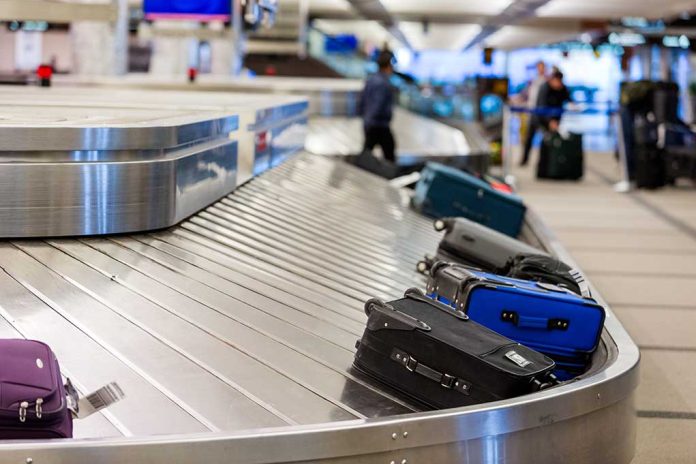
In the increasingly automated world of aviation, one might assume that technological solutions could eliminate most errors. Yet, the persistent issue of lost or mishandled baggage reveals a more complex picture. Despite advancements such as RFID technology and Automated Baggage Handling Systems (ABHS), incidents of mishandled baggage continue to plague major airports like Heathrow, Amsterdam Schiphol, and Dubai International. These technological innovations were designed to mitigate errors, but both human and non-human factors play critical roles in these failures.
Technological Innovations and Their Limitations
Technological advancements in baggage handling include the adoption of RFID tracking, ABHS, and dedicated baggage tracking apps aimed at providing passengers with real-time updates. However, systems can still fail due to glitches, power outages, or malfunctioning hardware. For instance, despite these advancements, notable incidents of mishandled baggage still occur frequently, pointing to the limitations of relying solely on technology to solve complex operational challenges.
The Human Error Factor
Human error plays a significant part in baggage mishandling, often driven by factors such as lack of situational awareness and failure to follow prescribed procedures. A comprehensive study analyzed 87 accident and incident reports from 2000 to 2020, utilizing models like the Human Factors Dirty Dozen and the Human Factors Analysis and Classification Scheme (HFACS). The study identified critical operational actions that are prone to errors, such as aircraft pushback/towing, aircraft arrival and departure, and aircraft weight and balance.
“Critical operational actions identified are aircraft pushback/towing, aircraft arrival and departure, and aircraft weight and balance.” Science Direct
Comparative Analysis: Aviation and Medicine
Pilots and doctors both navigate complex, high-stress environments where teamwork and the interplay with technology are crucial. According to NASA, human error is responsible for 70% of aviation accidents. This statistic underscores the necessity for effective error management strategies that can be adapted for diverse high-risk fields.
“Human error is a significant factor in 70% of aviation accidents, according to NASA research.” National Library of Medicine
The Importance of Error Management Programs
Aviation has evolved to employ standardized methods for investigating, documenting, and disseminating errors, a practice that could offer valuable lessons for other fields, including medicine. Establishing error management programs necessitates an understanding of organizational culture, the implementation of incident reporting systems, and systematic team performance reviews.
“Findings suggest an agenda for future research and recommendations for corrective actions in the aviation industry.” Science Direct
Ongoing Investments and Future Directions
To mitigate baggage mishandling effectively, both proactive human training and technological investments are crucial. According to SITA’s 2023 Baggage IT Insights report, mishandled baggage rates are improving, thanks to ongoing investment in technology and services. However, the industry must continue to fine-tune both human and technological aspects to minimize errors further.
In conclusion, while technological advancements have significantly improved the efficiency of baggage handling systems, human factors still play a critical role in operational failures. A balanced approach that combines technological innovation with strategic human training and error management programs could pave the way for more reliable and safer baggage handling in aviation.
Sources
- https://www.sciencedirect.com/science/article/pii/S2666691X23000246
- https://commons.erau.edu/cgi/viewcontent.cgi?article=2315&context=publication
- https://www.ncbi.nlm.nih.gov/pmc/articles/PMC1117774/
- https://www.linkedin.com/pulse/navigating-challenge-lost-mishandled-baggage-age-chandima-bandara-3at0c
- https://www.researchgate.net/publication/256546378_Human_Error_in_Aviation_The_Behavior_of_Pilots_Facing_the_Modern_Technology
- https://link.springer.com/article/10.1007/s12198-020-00209-z
- https://www.sciencedirect.com/science/article/abs/pii/S0169814199000657
- https://www.ncbi.nlm.nih.gov/pmc/articles/PMC9100213/
- https://www.aviationpros.com/ground-handling/ground-handlers-service-providers/article/11411946/a-management-perspective-on-human-factors-in-ground-operations
- https://www.researchgate.net/publication/242410726_Defining_the_Relationship_Between_Human_Error_Classes_and_Technology_Intervention_Strategies










